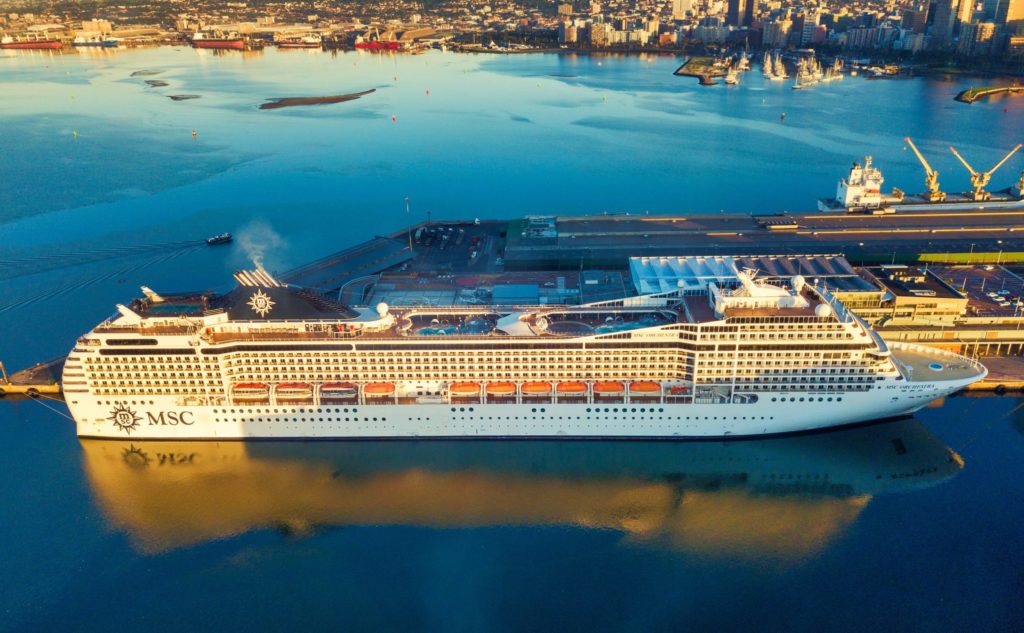
Today's Key To Tomorrow's Software Is Integration
A ship is an ecosystem with many equipment manufacturers providing components that become integrated. The diverse needs of the ship, which explains the diverse expertise of the manufacturers, has yet to favour a single manufacturer for everything.
What applies in the Marine industry applies also to the Oil industry and to Manufacturing.
So why are ecosystems not yet fully recognised in software applications?
Because the integration was not there. Integration is the key to the future of good software as it has been in any other industry.
Sure enough, integration in software is a challenge. Nonetheless it is a surmountable challenge if we recognise that integration is the study of how real-world processes and actors’ work. In other words, if we recognize that information is generated, captured, and consumed in real world processes and then emulated in software.
Integration, therefore, is not only about how information is translated from data point to data point, which has been the dominant paradigm in software integration; just like translation is only a small part of understanding text in another language. For example, integrating crewing and maintenance and ships operations requires knowledge of how crew members affect each maintenance and ship operation process. It is not just assigning job completion in one application to the name of a crewmember in another.
To sum up, the marine software that ship managers use, form ecosystems, which will require more and more integrations due to the technical advances of Industry 4.0 and new and changing regulations. Ship Managers will rightly require that data from each system must be integrable and forwardly compatible; they will favour integrations that bring together all their systems.
